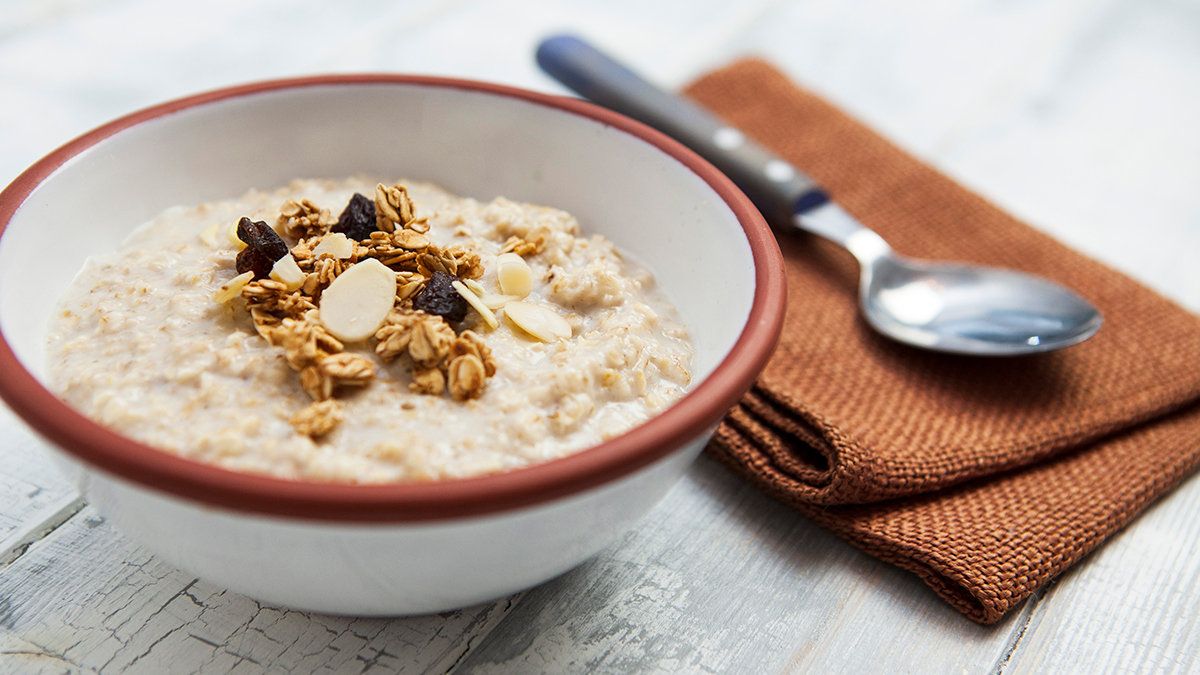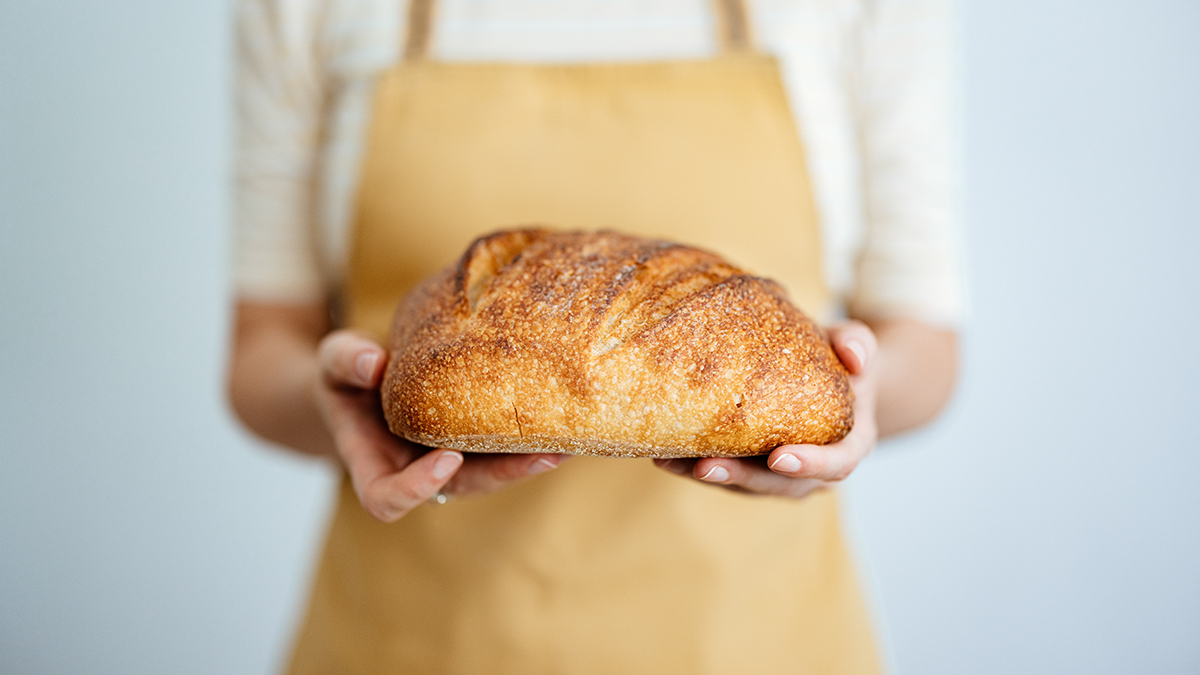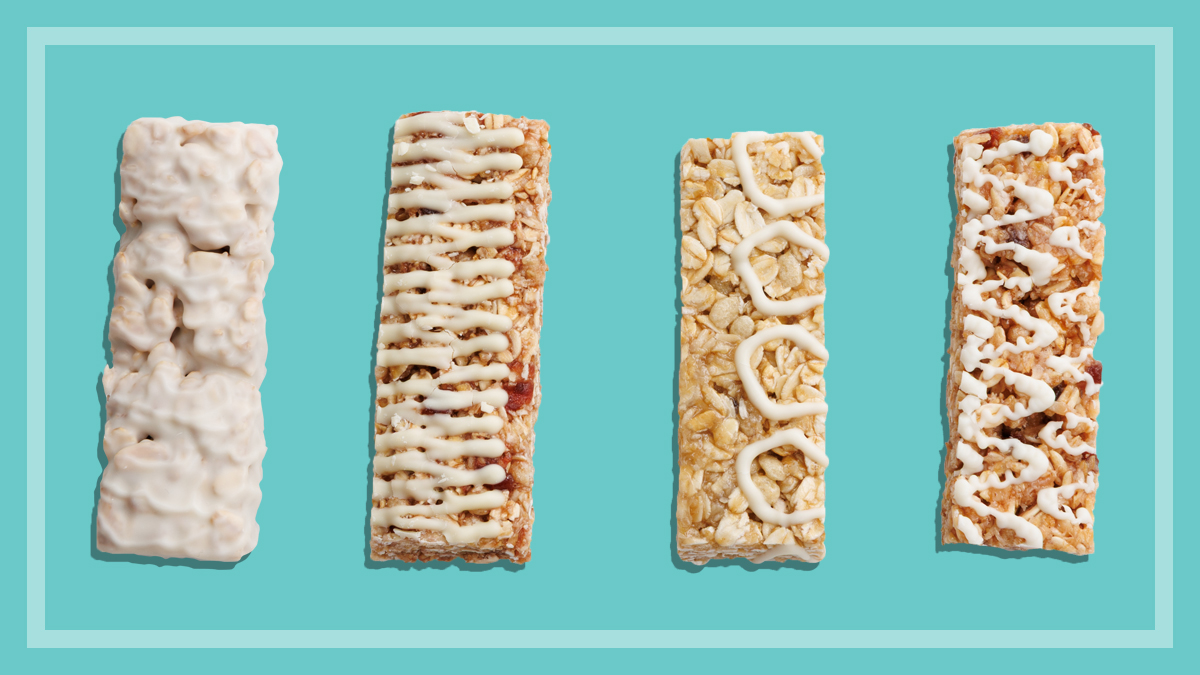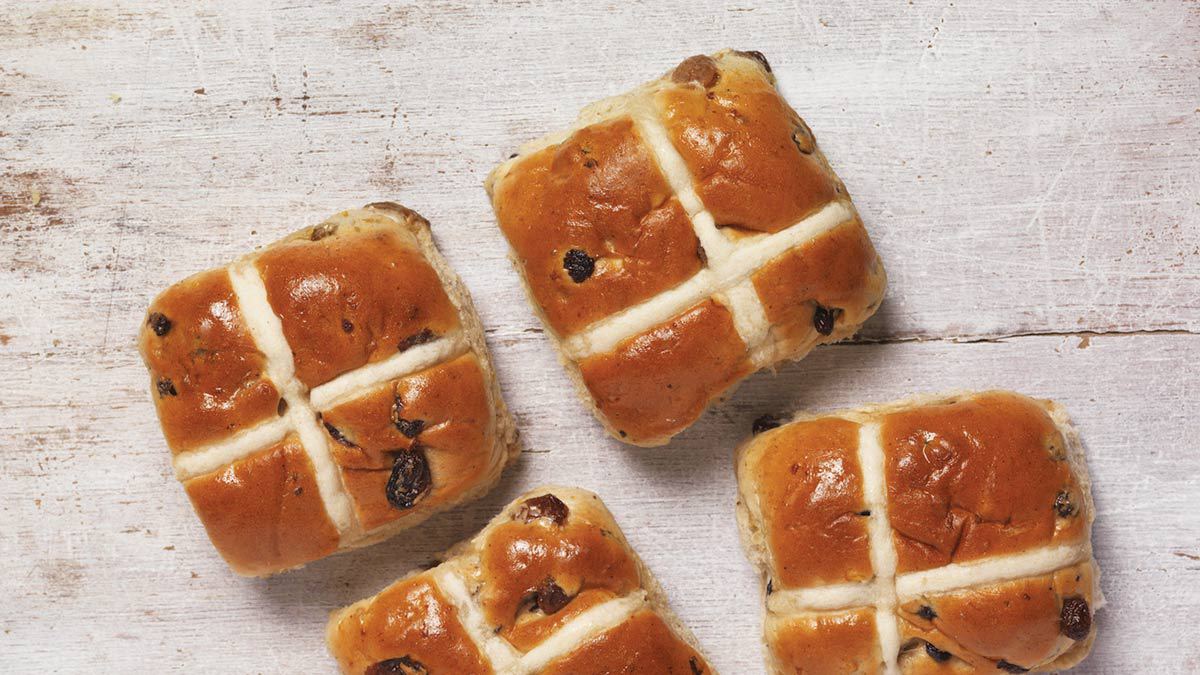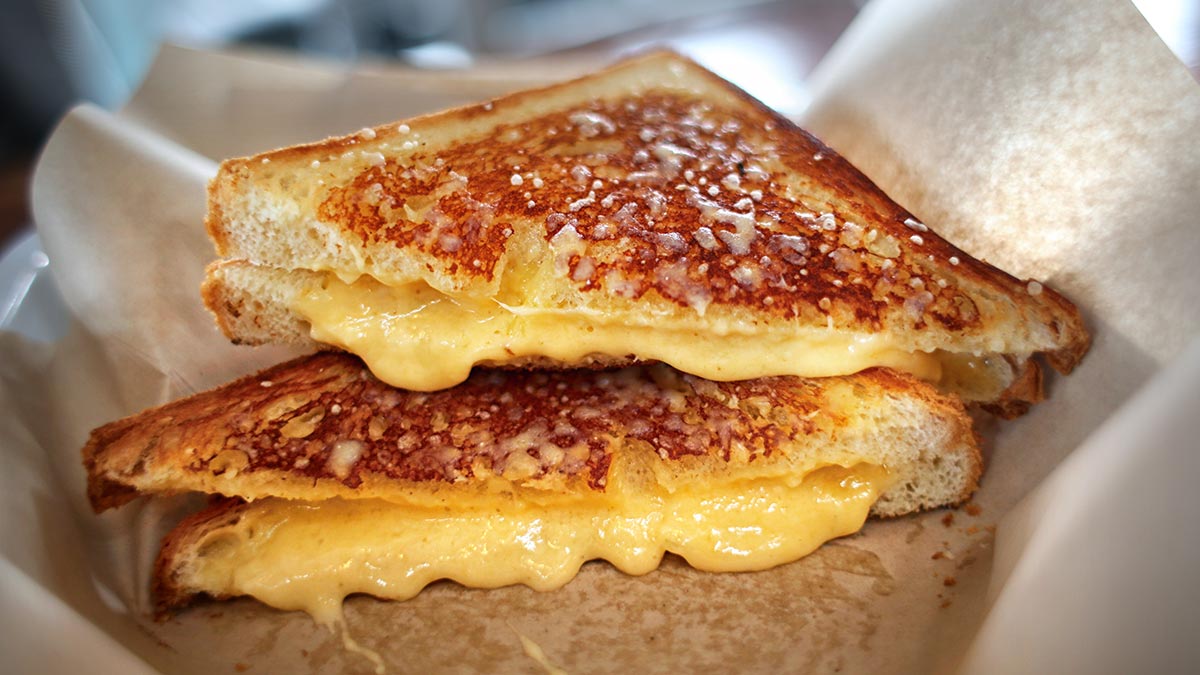Get our independent lab tests, expert reviews and honest advice.
How to choose the best granola
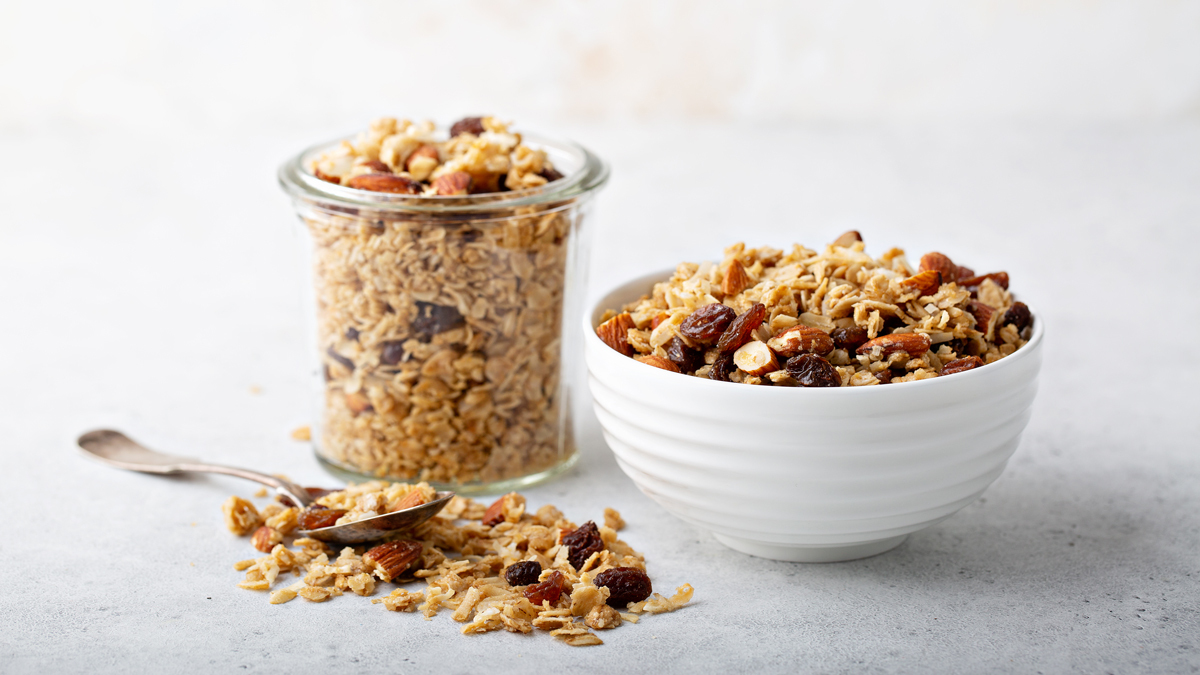
Granola, muesli’s fancier and generally more expensive cousin, usually contains toasted oats, fruit and nuts, with the addition of a sugar to help the oats and other ingredients cluster together. The result? An awesome-tasting, crunchy toasted cereal.
On this page:
- Top scoring granola
- Is granola good for you?
- Which is better: Granola or muesli?
- How we tested granola
We analysed more than 70 breakfast cereals labelled with the word “granola” or “cluster”, to see which ones came out better nutritionally.
Top scoring granola
To find this selection, we assessed the granola products on their Health Star Rating (HSR) and the estimated added sugar content. Three of these products have less than four grams (one teaspoon) of estimated added sugar per serve.
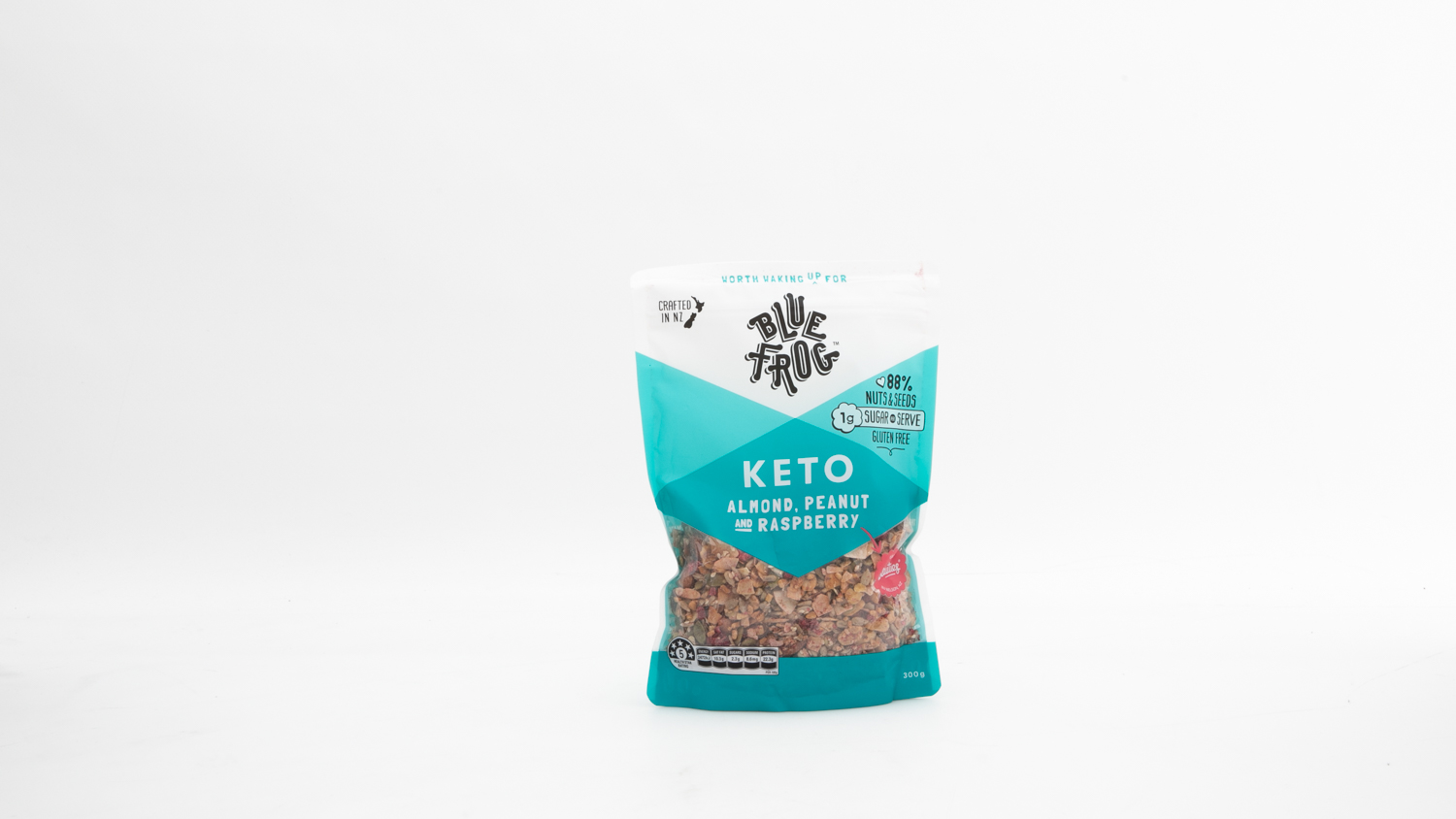
Blue Frog Keto Almond, Peanut & Raspberry Cereal
- HSR: 5
- Estimated added sugar: 0g per 100g
- Fibre: 17.9g per 100g
- Claims on pack: 88% nuts and seeds, 1g sugar per serve, gluten-free
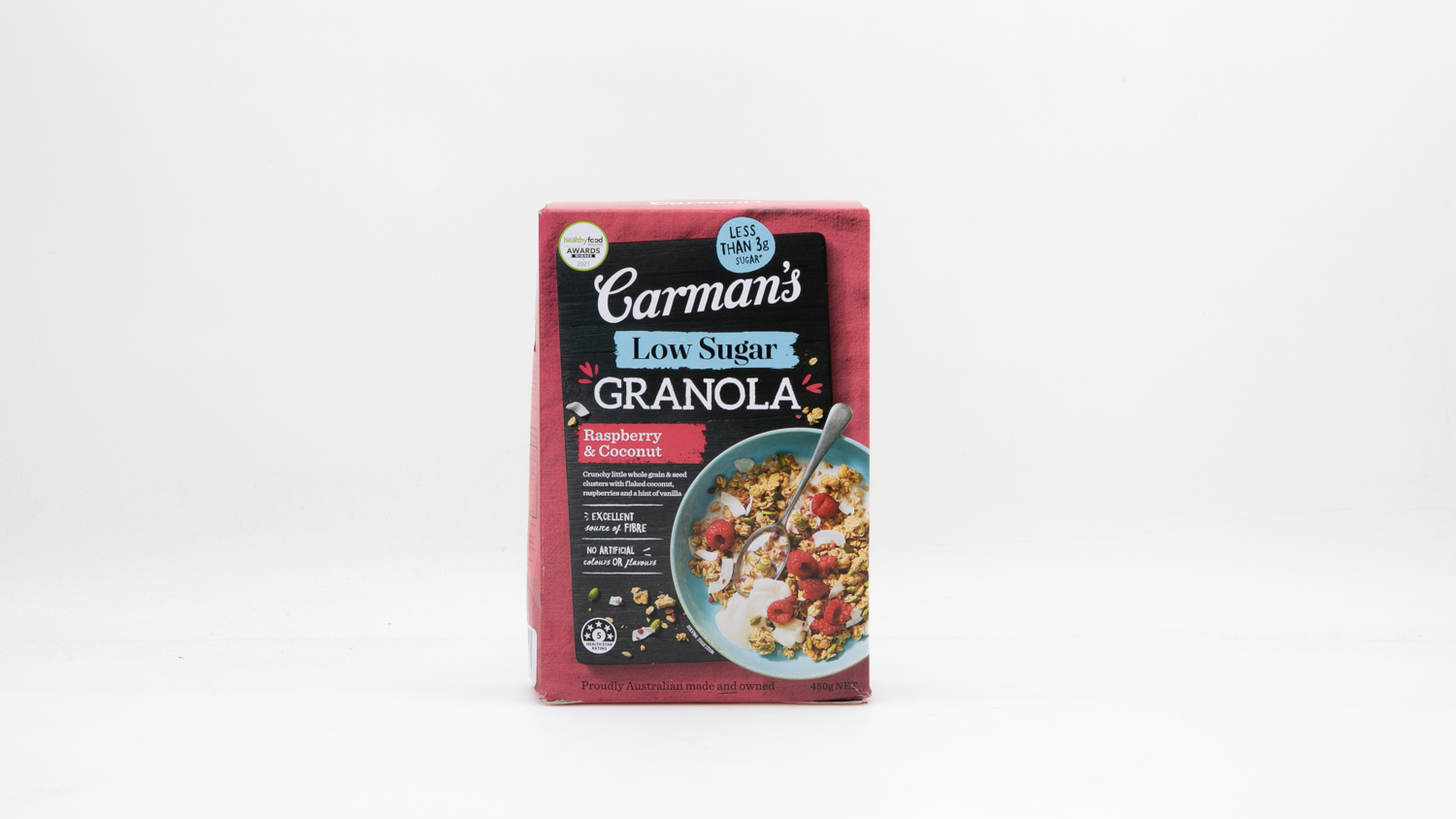
Carman’s Low Sugar Granola Raspberry and Coconut 450g
- HSR: 5
- Estimated added sugar: 4.8g per 100g
- Fibre: 17.2g per 100g
- Price: $1.53 per 100g
- Claims on pack: Excellent source of fibre, no artificial colours or flavours, low sugar, less than 3g sugar per serve, prebiotic fibre, suitable for a vegan diet

Jordan’s Low Sugar Granola Almond Hazelnut 500g
- HSR: 4.5
- Estimated added sugar: 0g per 100g
- Fibre: 7.9g per 100g
- Price: $1.70 per 100g
- Claims on pack: Less than 5% sugar (total sugar), no artificial colours or preservatives, suitable for vegetarians, whole grain oats
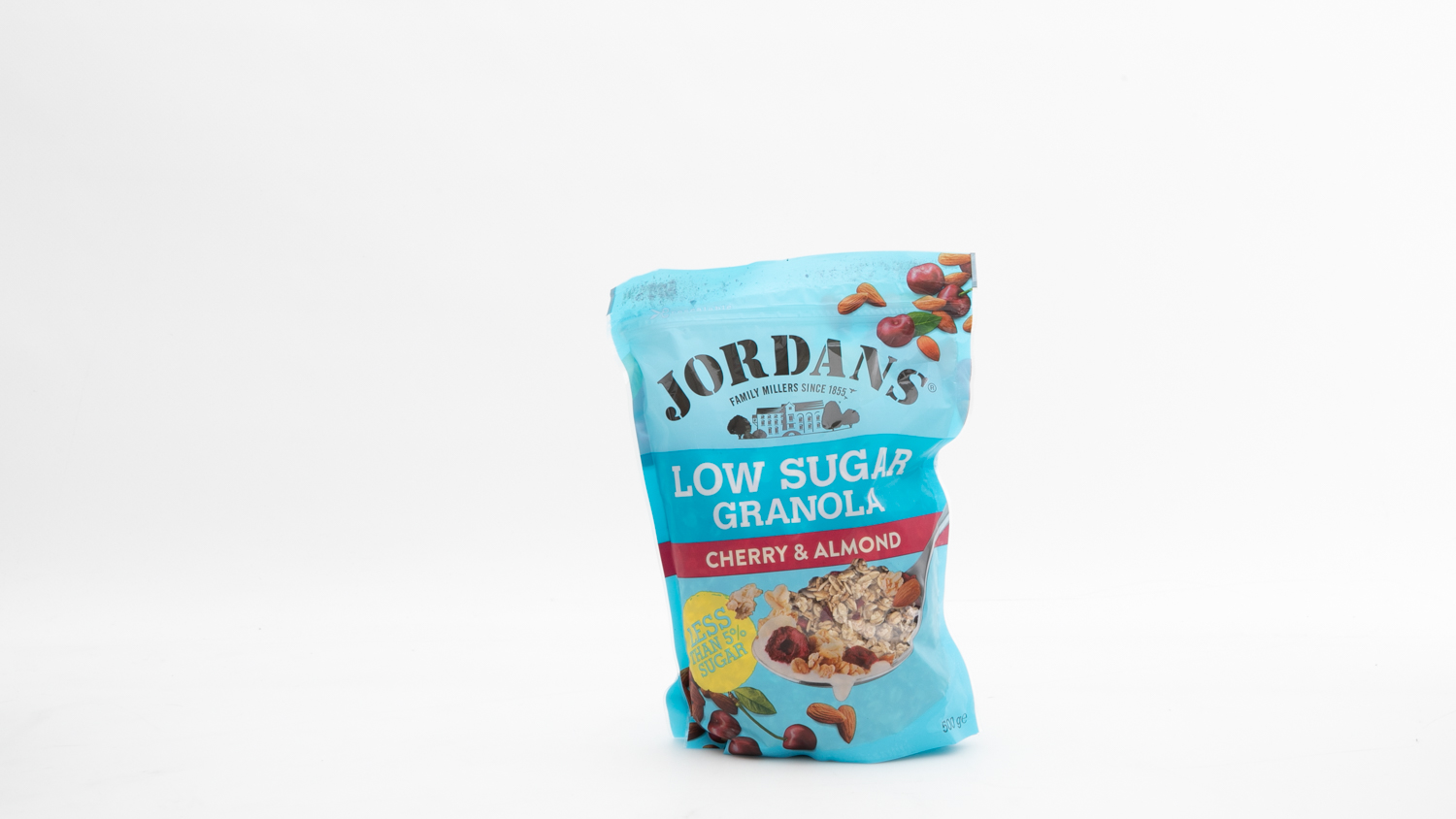
Jordan’s Granola Low Sugar Cherry Almond 500g
- HSR: 4.5
- Estimated added sugar: 0.7g per 100g,
- Fibre: 7.4g per 100g
- Price: $1.70 per 100g
- Claims on pack: Less than 5% sugar (total sugar), low sugar, no artificial colours or preservatives, wholegrain oats, suitable for vegetarians
Is granola good for you?
Sugar
Granola can be high in sugar because it is necessary to help form clusters of cereal. However, in our review of 300+ cereals that include categories such as muesli, oats, kids’ cereals and flakes, it was the granola category that had the most claims regarding sugar, with 21 products bearing a claim about low or reduced sugar.
Granolas with the least added sugar per 100g*
Blue Frog Keto Almond, Peanut & Raspberry Cereal – 0.00g
Jordan’s Low Sugar Granola Almond & Hazelnut – 0.00g
Jordan’s Granola Low Sugar Cherry Almond – 0.70g
Jordan’s Low Sugar Granola Blueberry & Coconut – 0.90g
Blue Frog Kakadu Plum Granola – 1.00g
Jordan’s Low Sugar Granola Strawberry & Seeds – 1.00g
Dorset Cereals Simply Nut Granola – 1.20g
Vogel’s Low Carb Keto Granola Peanut Coconut & Cacao – 2.8g
Vogel’s Low Carb Granola Apple Crumble & Cinnamon – 3.6g
Vogel’s Low Carb Granola Raspberry, Blueberry & Almond – 4.4g
Carman’s Low Sugar Granola Raspberry & Coconut – 4.80g
Hubbard’s Raspberry & Coconut Toasted Granola – 6.90g
Blue Frog Granola Blueberry, Almond and Cinnamon – 7.90g
We The Many Turmeric Granola With Flaxseed & Coconut – 7.9g
Carman’s Grain Free Granola Almond Macadamia Cashew & Pecan – 8.30g
Brookfarm Nutty Granola Maple Vanilla – 8.60g
Farmer Jo Paleo Granola The original Gluten Free – 9.70g
Brookfarm Prebiotic Paleo Granola coconut Almond – 9.90g
Farmer Jo Granola Paleo Nuts, Seeds and Coconut – 10.10g
Farmer Jo Paleo Cinnamon Granola Gluten Free – 10.10g
*Estimated added sugar per 100g, calculated using the Food Switch app created by the George Institute. When the Food Switch estimate was not available, total sugars were used.
Wholegrains
The use of wholegrains such as rolled oats and barley in some granolas means they have the benefit of containing fibre, and at least 26 different nutrients including carbohydrates, protein, minerals and a variety of phytonutrients. Consuming wholegrains is also shown to reduce inflammation-related conditions.
A serving size of wholegrains is the same as any grain food: the daily target intake is 48g for adults and 24–40g for children (up to 9 years old) each day. This can be achieved easily with three serves of grain foods a day. For example, one serve of oats in the morning and a wholemeal sandwich (two pieces of wholegrain bread) at lunch would give you your daily target intake.
Fat
If the granola has been toasted with oils it may have a higher fat content than granola that’s been dry-toasted. So if you’re watching your kilojoule intake, look for those without added oils.
Which is better: Granola or muesli?
If you’re stuck between the choice of buying granola or muesli for breakfast, on average muesli will be the healthier choice.
In our review, muesli has an average HSR of 4, with an average estimated added sugar content of 3.6g per 100g. Granola products had an average HSR of 3.6, with an average estimated added sugar content of 13g per 100g.
If you’re looking to save money, then muesli again is the better choice. The muesli products in our review averaged $1.62 per 100g, compared with $2.24 per 100g on average for granola.
How we tested granola
The granola label information was collected, and where Health Star Ratings weren’t available on pack we estimated them, using estimates for fruit and nut content where necessary. Estimates of added sugar per 100g were sourced from the George Institutes Food Switch Team.
To find the top rating granola products, we ranked them by Health Star Rating and added sugars per 100g as listed by the George Institutes Food Switch App

